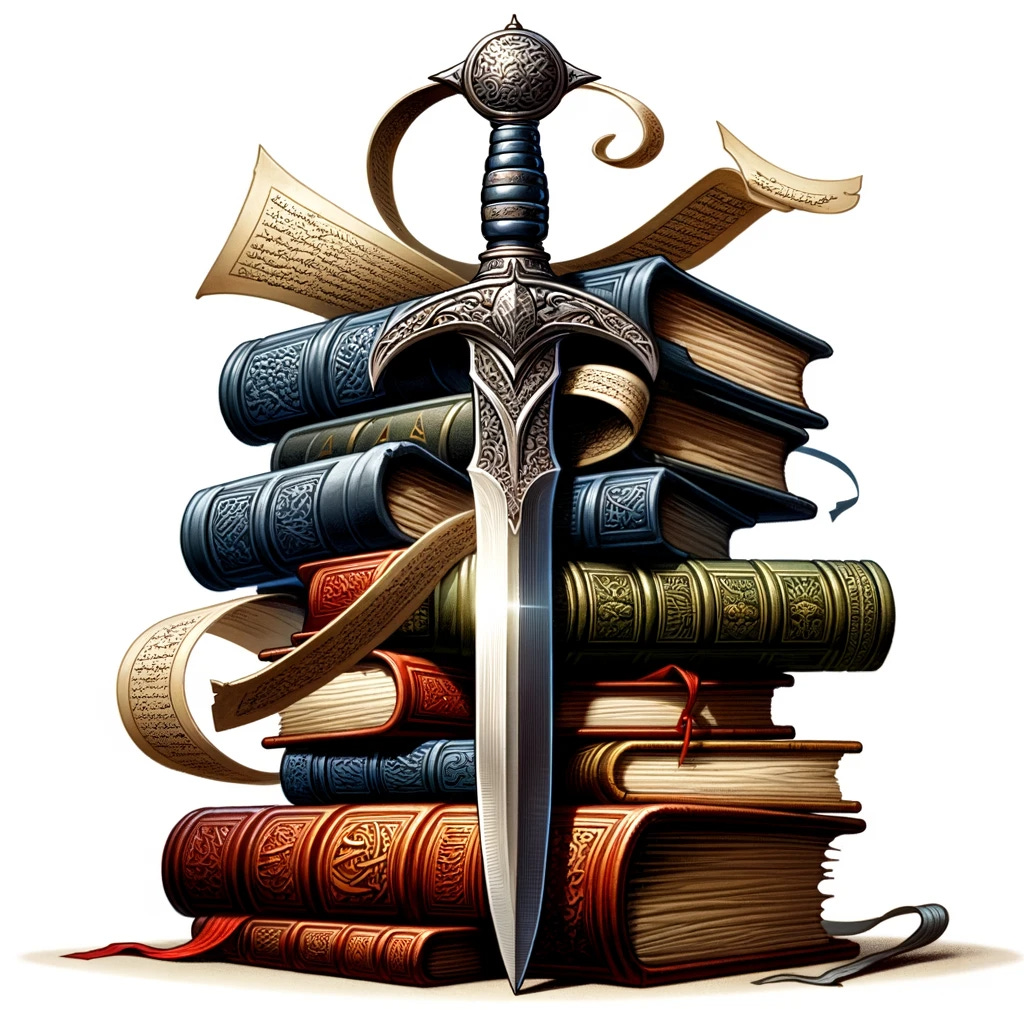The Birth of the Islamic Golden Age: Unveiling the Legacy of the Battle of Talas
From Battlefield to Beacon of Enlightenment: A Pivotal Transition
The Battle of Talas in 751 AD was a key event in history, not only for its military outcome but also for its deep cultural and technological ripple effects, which helped kickstart the Islamic Golden Age. This battle unfolded in the Talas River valley, now in Kyrgyzstan near Kazakhstan's border, a crucial point along the ancient Silk Road that linked the East and West, enabling trade and the sharing of ideas.
In this battle, the forces of the Abbasid Caliphate, allied with the Tibetan Empire, faced off against the troops of the Chinese Tang dynasty, who were backed by various Turkic tribes. This clash marked a significant cultural meeting point and altered the power balance in the region.
A game-changing moment during the battle was when the Turkic Karluk mercenaries, initially siding with the Tang dynasty, switched allegiances to the Abbasids. This move was pivotal in deciding the battle's outcome, weakening the Tang forces while strengthening the Muslim ranks. The result was a crushing defeat for the Chinese, a decisive victory for the Abbasids, and led to many Turks converting to Islam, which had a lasting impact on the religion’s spread and cultural influence.
Following the battle, the Talas valley became a notable site for paper manufacturing, a technology largely unfamiliar to the Arab world at the time. Muslims captured Chinese artisans skilled in papermaking—a closely guarded craft back then. This tech transfer was groundbreaking, enabling the mass production of texts, and igniting a surge of knowledge and cultural growth.
This newfound paper industry significantly contributed to the establishment of Baghdad in 762 AD, which soon housed the House of Wisdom, a major intellectual hub during the Islamic Golden Age. The easy access to paper transformed how knowledge was shared and preserved, aiding in the transcription, translation, and dissemination of numerous texts.
Subsequently, the win at Talas allowed the Abbasids to exert more control over the Silk Road sections, enriching the Islamic Empire both economically and culturally, with Baghdad as its epicenter. The city evolved into a bustling hub of trade, intellectual discourse, attracting a global community of scholars, traders, and craftsmen.
As a result, Baghdad's rise as the heart of the Islamic world witnessed a remarkable era of scientific, philosophical, and literary advancements. It drew bright minds from all over, marking a period of significant enlightenment and progress. For example, the scholars in Al-Andalus, Muslim-held areas in the Iberian Peninsula, eagerly awaited the influx of texts from Baghdad, recognizing the city as a fountain of scholarly works crucial for their intellectual pursuits.
Furthermore, the House of Wisdom was instrumental in translating and preserving ancient Greek knowledge, which could have otherwise been lost. The scholars there expanded on this base, advancing fields like philosophy, medicine, mathematics, and astronomy, thereby safeguarding humanity's intellectual legacy while paving the way for future generations.
In conclusion, the Battle of Talas catalyzed significant cultural and technological exchanges between the East and West, marking the onset of an intellectual boom in the Islamic world, especially in Baghdad. This event not only enriched the Islamic Golden Age but also preserved and shared ancient knowledge, showcasing how such pivotal moments intertwine military, cultural, and technological narratives in history, shaping humanity's course.





Very few teachers of world history in the west pay sufficient attention to this event. A short fifty six years after the battle, Haram al-Rashid was able to send a complex brass clockwork as a gift to Charlemagne which was a HUGE wake-up call in Europe. They would struggle to make an equivalent device for centuries, and not start having any successful results until they too started to get access to paper via Moorish Spain in the 11th century. Even then, it would not be until well into the 15th century before papermaking would become sufficiently reliable in Europe that Gutenberg could do his thing and a culture of learning and knowledge transfer could really take-off. Paper is the critical foundation from which the modern world arose.